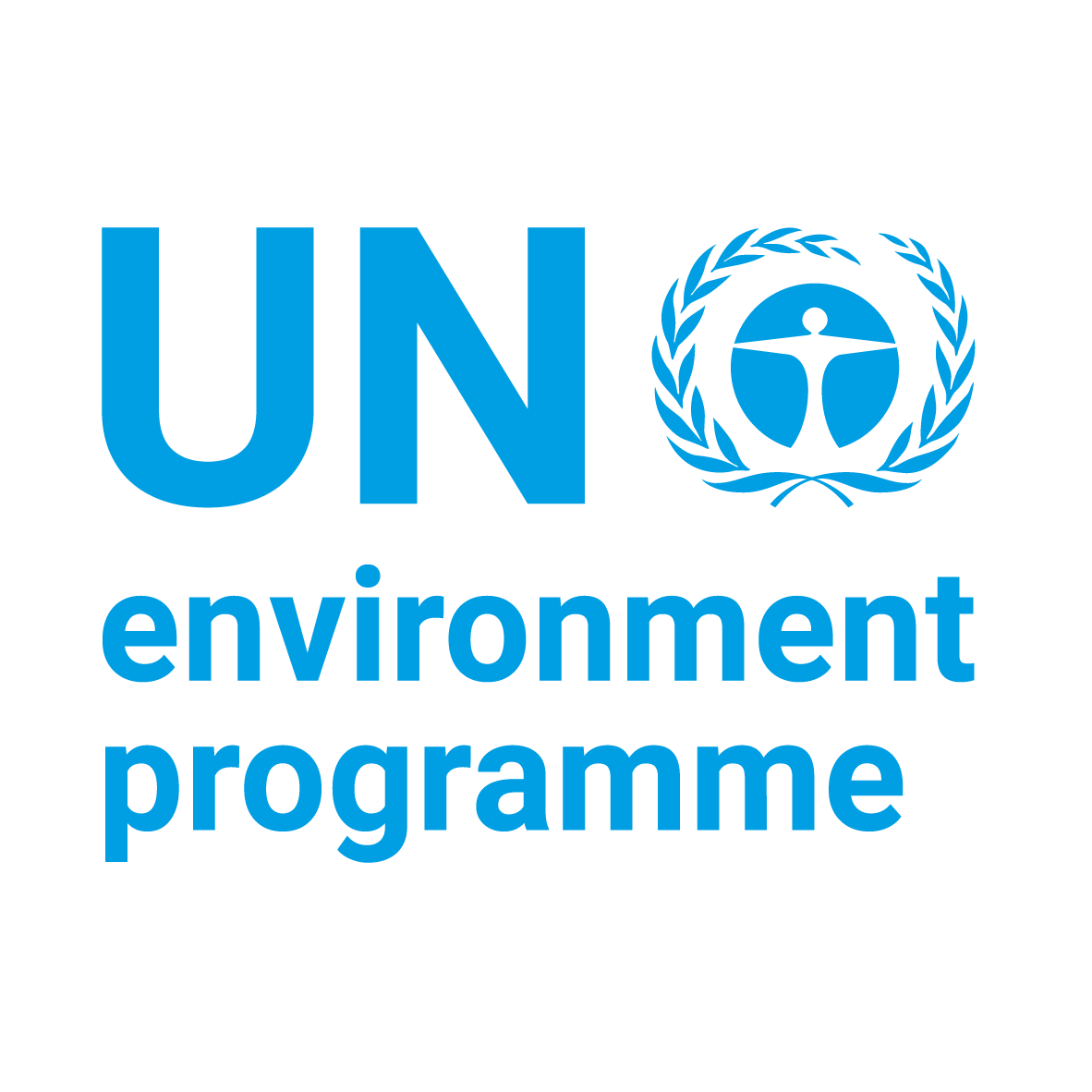The Arab region sub-global assessment started in the latter stage of the MA as an associate assessment. Assessments at sub-global scales are essential. Ecosystems are highly differentiated in space and time, thus sound management requires rational local planning and action. This synthesis report sheds light on the ailing environmental conditions and the root causes of these conditions, as a prelude to prompt corrective plans and actions.
Three sites were selected to be the focal sites for the Arab Millennium Ecosystem Assessment: The Sinai Peninsula, Egypt; Tafilalet Oasis, Morocco; and Asir National Park, Saudi Arabia. The selection of these study areas was based on a number of factors; first and foremost that the areas should embrace a number of unique, biodiversity-rich ecosystems that undergo changes affecting both environmental integrity and the well-being of its inhabitants.
The report highlights the following key messages:
- Ecosystem services are the benefits people obtain from ecosystems. These include provisioning, regulating, and cultural services which directly affect people, in addition to the supporting services needed to maintain the other services.
- Human well-being has multiple dimensions and includes attainment of basic materials for human well-being, good social relations, and freedom of choice, health, and security. Well- being can be perceived differently by different people and cultures, time, situation, and ecological circumstances.
- Poor environmental management is related to poverty, environmental degradation, resource scarcity and poor quality of life in the three case study areas.







